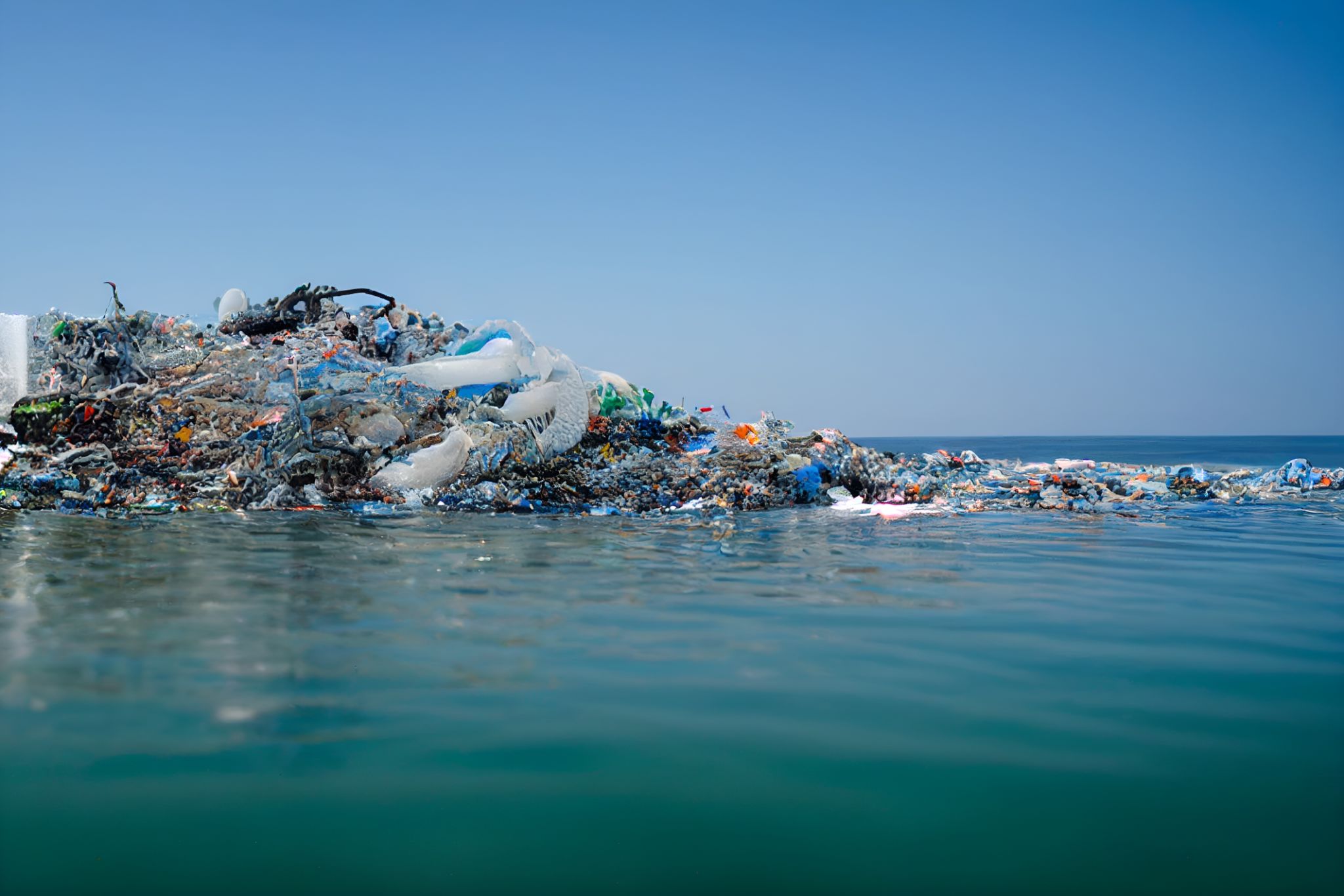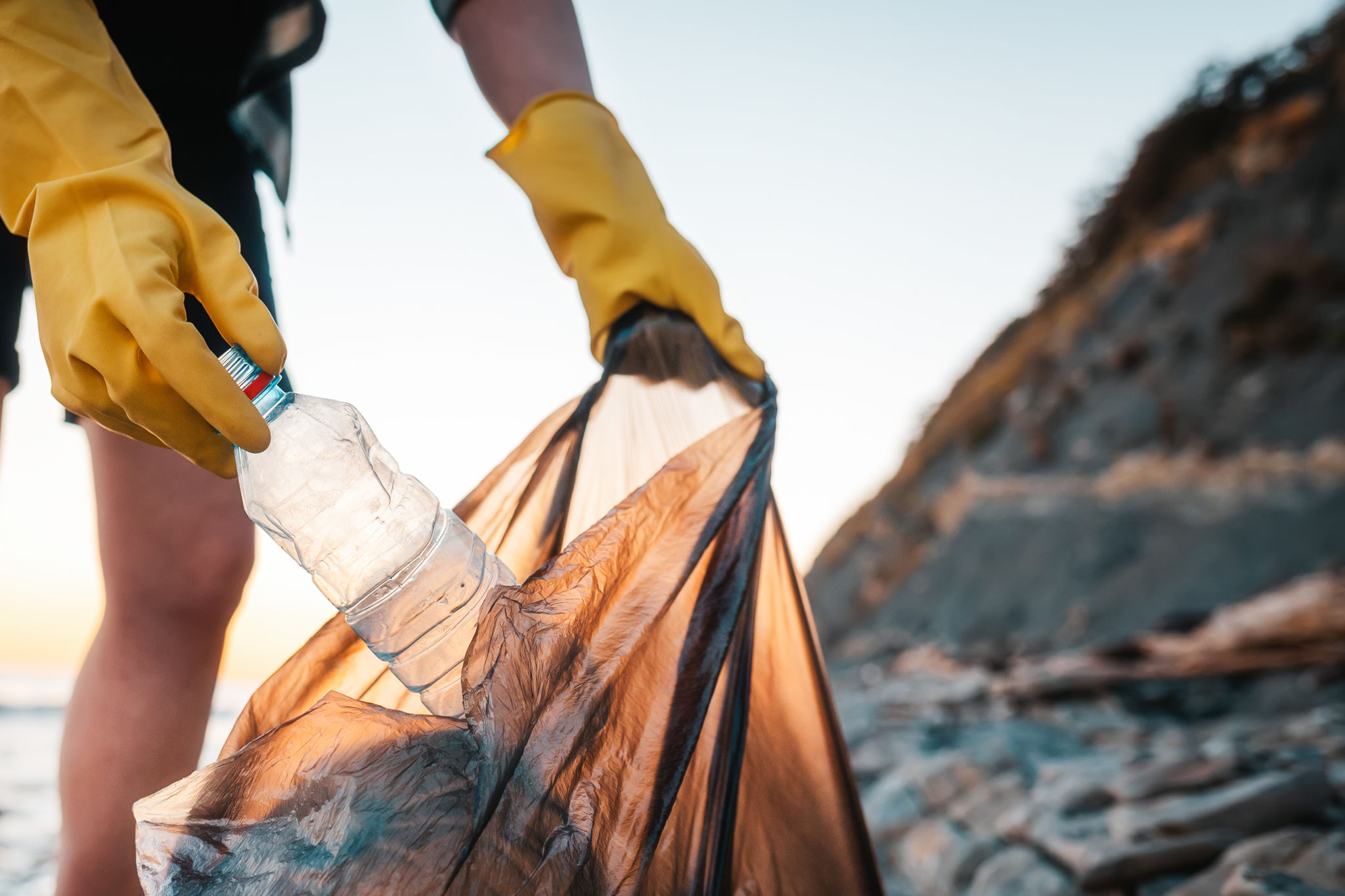Addressing Plastic Pollution: Coastal Watch Ghana's Initiatives and Success Stories
Tackling Plastic Pollution in Ghana
Plastic pollution has become a global crisis, affecting marine life and human health. In Ghana, the problem is particularly acute along the coastline, threatening biodiversity and the livelihood of communities dependent on fishing. Coastal Watch Ghana, a nonprofit organization, has taken significant strides in addressing this issue through various initiatives and success stories.

Community Engagement and Education
Education plays a crucial role in mitigating plastic pollution. Coastal Watch Ghana has prioritized community engagement by organizing workshops and educational programs. These initiatives aim to raise awareness about the environmental impact of plastic waste and teach sustainable practices. By empowering locals with knowledge, the organization fosters a sense of responsibility towards the environment.
One of their most successful programs involves partnering with local schools to incorporate environmental education into the curriculum. This approach ensures that future generations grow up with an inherent understanding of the importance of protecting their natural surroundings. As a result, students actively participate in cleanup activities and campaigns to reduce plastic use.
Beach Cleanup Campaigns
Regular beach cleanups are another critical component of Coastal Watch Ghana's strategy. These events not only remove significant amounts of waste from the shores but also serve as powerful tools for community involvement. Volunteers from various sectors, including local residents, businesses, and tourists, come together to tackle plastic pollution head-on.

The organization's cleanup campaigns have gained momentum over the years, removing tons of plastic waste from the coastline. By documenting and sharing these efforts through social media and local news channels, Coastal Watch Ghana inspires others to join the cause and demonstrates the tangible impact of collective action.
Innovative Recycling Initiatives
Addressing plastic pollution also requires innovative solutions for waste management. Coastal Watch Ghana has spearheaded recycling initiatives, encouraging communities to segregate waste and convert plastic into reusable materials. In collaboration with local artisans, they have developed creative ways to repurpose plastic waste into products such as bags, mats, and decorative items.
This initiative not only reduces the amount of plastic waste but also provides economic opportunities for community members. Artisans can sell their recycled products at local markets, creating a sustainable model that benefits both the environment and the economy.

Advocacy and Policy Influence
Coastal Watch Ghana recognizes the importance of influencing policy for long-term change. The organization actively engages with government bodies and stakeholders to advocate for policies that support sustainable waste management practices. Their efforts have contributed to discussions on implementing stricter regulations on single-use plastics and promoting alternatives.
Through persistent advocacy, Coastal Watch Ghana has become a respected voice in environmental policy circles, driving change at a national level. Their work underscores the power of grassroots organizations in shaping policy and fostering a more sustainable future.
Success Stories: A Model for Others
The impact of Coastal Watch Ghana's initiatives extends beyond the immediate reduction of plastic pollution. Their success stories serve as a model for other coastal communities facing similar challenges. By sharing their experiences and best practices, they encourage replication of effective strategies in different regions.
The organization's work has been recognized locally and internationally, receiving accolades for its innovative approach and tangible results. These achievements highlight the potential of community-driven solutions in addressing environmental issues.
In conclusion, Coastal Watch Ghana stands as a beacon of hope and action in the fight against plastic pollution. Through education, community engagement, innovative recycling initiatives, and policy advocacy, they have made significant strides in preserving Ghana's coastline for future generations. Their success stories inspire continued efforts and collaboration towards a cleaner, more sustainable planet.